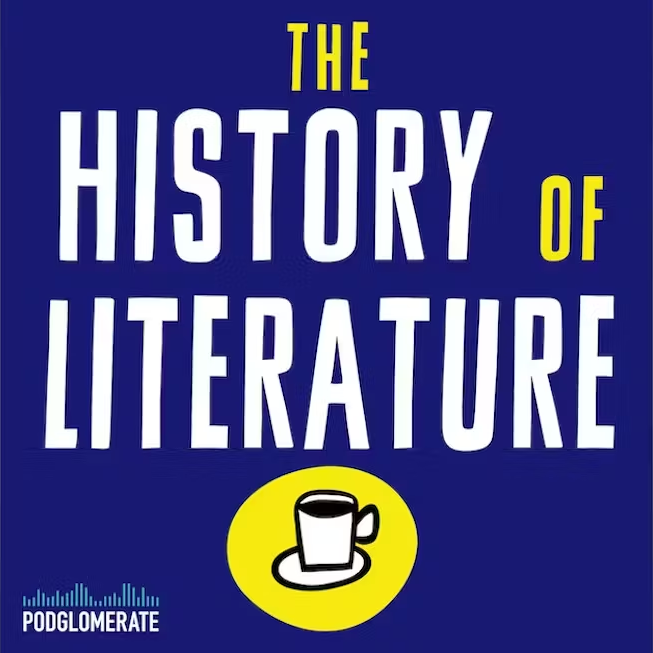
Okay, this is simply awesome.
As regular readers know, I’ve been posting a series called A History of Jacke in 100 Objects. These short stories are fictional versions of things that have happened to me. Like most fiction, they’re based on real-life experiences and drawn from people I’ve known, though the characters are typically exaggerations, or composites, or both.
The stories have been popular, and I’ve been pleased by how wide their appeal has been. That was my intention, of course – not just to share with those who were there, but to express something recognizable to those who were not. So I’m grateful when people I’ve never met tell me they knew coaches like the ones in #1 – The Padlock. Or that they’ve felt the same way as the father in #8 – The Burger Car. Or that they were inspired by the teacher’s triumph in #10 – The Spitwad. Even the ones who say they smiled at my battle with Jerry Seinfeld in #3 – The Blood Cake.
One post in particular, #7 – The Keyboard, about a young boy and his burnt-out music teacher, seems to have touched a nerve. And it has led to a couple of follow-up moments that left me shaking my head with wonder.
The first was from a music teacher who, like the narrator, was given a paper keyboard on which to practice as a young child:
Very, very moving, Jacke, and indirectly very nostalgic for me too. When we lived in Hong Kong in the 50s my parents tried to persuade a Russian piano teacher to take me on when I was four, again even though we didn’t have a piano. Too young, she assured my parents; instead, a dummy keyboard made from black and white paper strips glued to a cheap table was advised, on which I practised for a few months. Then we went abroad.
Fifteen months or so later we returned from the UK, and I was interviewed again and allowed to actually play on a real piano. Said teacher was amazed. “Why didn’t you bring him to me a year ago?” Clearly a few thousand miles was no bar to starting lessons properly. I haven’t looked back, and still teach and accompany now six decades on. Luckily for my students, I’m no Miss Steiner in my approach to pedagogy.
What a wonderful story, with such a lovely ending. So much better than the place I left the narrator in number 7.
An even bigger surprise came from a former schoolmate of mine:
My dad, Gui Lessin, is an artist who lives and works in Vence, France. In third grade when he was still living in New York City he came to visit and sat in on one of my piano lessons on the stage. Afterward, he painted this which is hanging above my piano right now. It doesn’t flatter my piano playing but since the frowny one depicts a certain piano teacher I thought you’d get a kick out of it.
And here’s the picture!

What a great painting – that’s her! The inspiration for the story! I was not familiar with Gui Lessin’s work before, but I definitely am now. He captured the mood perfectly: the looming proximity, the hawklike intensity, and the near desperation – the raw need of the teacher to see the student finally get it right.
Just look at how close she is, as she does everything she can but reach out and play the song herself. It’s all there: everything I remember about that dark, cave-like practice stage and the atmosphere of those music lessons.
If I could paint like this, I’m not sure I would ever write another word.
I should also add that although our teacher was unusual, and in the story I emphasized the impact of watching her break down before our very eyes, I can only view her with empathy and affection. She herself was not to blame, at least not by me. No, I blame the circumstances that had driven her to it.
Many teachers can endure the frustrations of teaching young children because they have a love for children or education. But what if you started teaching because of your love of music? And every day you had to protect it from the worst assaults that young musicians can mount? I found something human, even noble about the way she battled her way through this, in her own way.
One friend recalled her shouting at the flute section that they had played a section wrong “eight times in a row.” That was a classic; I remember the moment and can still hear the baffled outrage in her voice. And now, as an adult who knows what it’s like to try to lead a group of kids in anything, I can imagine the agony going through her mind as she counted the mistakes:
What are we up to now, four? Well, let’s start over, I’m sure they’ll get it right next time… Okay, there’s five. My goodness. Well, let’s try again…Jesus, that’s six. Incredible. Why can’t they play this? Okay, start over… There’s seven. WHY can’t the FLUTES get it RIGHT??? IT ISN’T THAT HARD, PEOPLE…And… there’s EIGHT. EIGHT TIMES IN A ROW, AND WRONG EVERY SINGLE TIME. WHAT AM I DOING UP HERE? WHY DO I CARE? WHY DOES GOD HATE ME SO MUCH!!!
Who has the patience to endure beginning music students, year after year after year? I know I wouldn’t.
And who would march alongside the band in the Memorial Day Parade, pounding the bass drum THAT SHE HERSELF WAS WEARING, sweating and shouting at the students to try to keep them in some kind of order and to play some approximation of “God Bless America”?
Not many people are that devoted to anything or to anyone. We were lucky that she was.
My thanks to all the commenters and emailers who have given Object #7 a special twist. And in particular to the artist and his daughter, who together preserved a moment in time that has filled me with nostalgia and warmth.
And of course, my thanks to Miss Steiner and her real-life inspiration – and to music teachers everywhere.
Image Credit: Gui Lessin

Leave a reply to D.C.Runkel Cancel reply